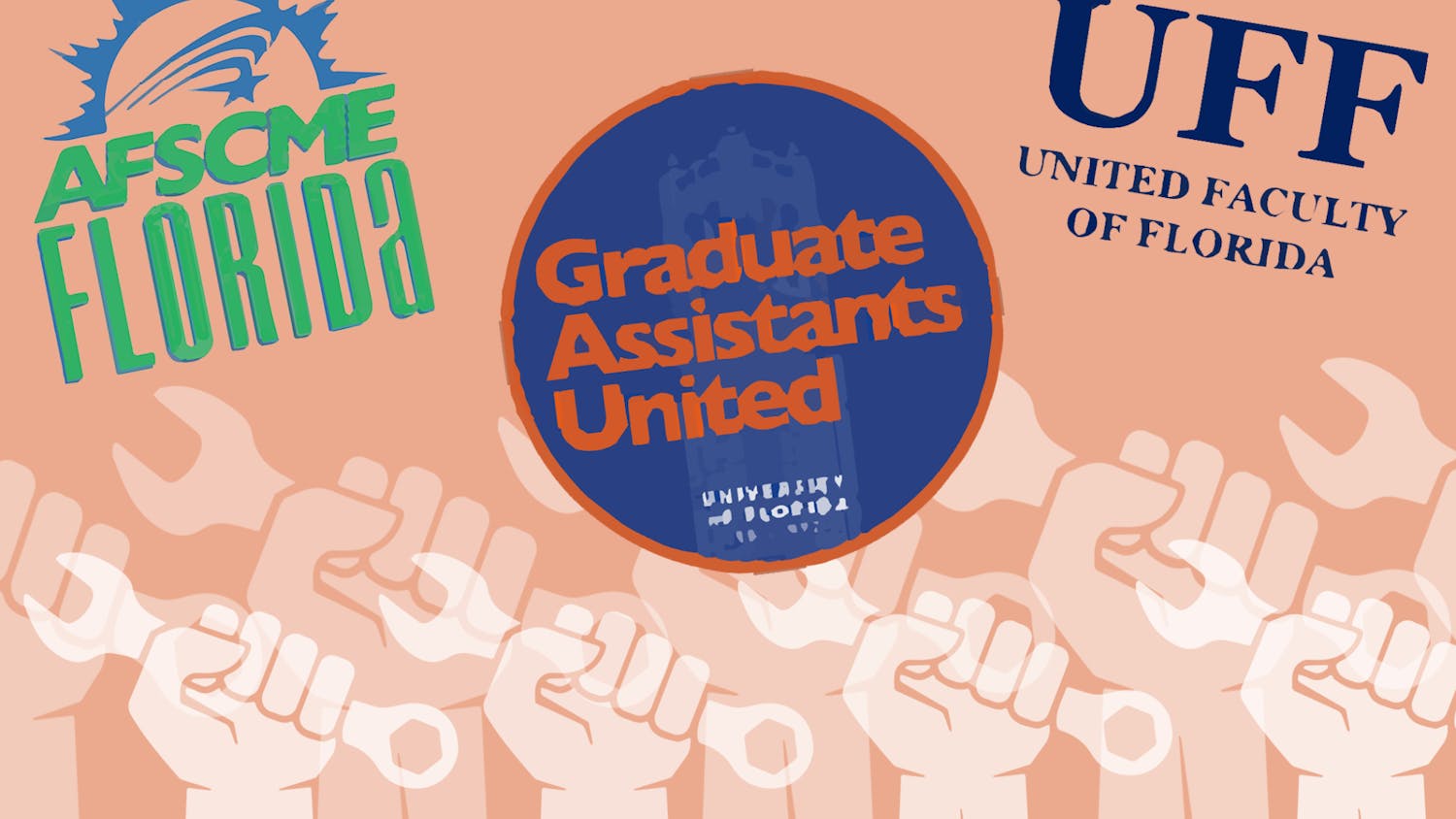I
n October, during the height of election season and the peak of the Ebola panic in the U.S., Florida Gov. Rick Scott appeared on television to discuss the state’s preparedness for a potential Ebola outbreak.
Scott announced all sorts of ambitious plans, including “mandatory Ebola training programs” for Florida hospitals and “high-level personal protective equipment” for health care workers in the event of an Ebola crisis.
However, Scott seemed to ignore one of the most obvious steps he could take to protect Floridians against the supposedly urgent threat of Ebola: ensuring that at least one Florida hospital was designated as an Ebola treatment center.
The Tampa Bay Times reported that as of today, not a single Florida hospital has this designation. If Ebola were to make its way to Florida, the closest health care facility truly prepared for the necessary treatment would be Emory University Hospital in Atlanta, Georgia.
Scott’s failure to take a basic and obvious precaution against Ebola suggests his proposals were more about scoring political points than actually strengthening Florida’s public health infrastructure.
If Scott were truly concerned about public health in Florida, he might consider putting his full and vocal support behind the expansion of Medicaid in the Sunshine State. Medicaid is the federal-state partnership that provides affordable, accessible health care to millions of impoverished and disabled Americans.
An estimated 760,000 Floridians are not receiving basic health care services because of the failure of Scott and the Republican legislature to enact the Medicaid expansion. Furthermore, the Miami Herald reported that Florida hospitals could stand to lose billions of dollars as a result of having to treat so many uninsured patients.
Republicans frequently cite the cost of expanding Medicaid as their primary reason for opposing it. However, the expansion would be paid for almost completely by the federal government. The Center on Budget and Policy Priorities found that the federal government would pay 93 percent of all Medicaid expansion costs from now until 2022.
Scott has expressed lukewarm support for expanding Medicaid in the past but has not made any attempts to persuade the reticent Florida Legislature to approve the expansion.
There is other evidence to suggest that Scott’s commitment to public health is not as strong as his Ebola politicking would suggest. During Scott’s time as governor, the Florida Department of Health has cut its staff by nearly 13 percent. At a time when Florida should be expanding its health care infrastructure to deal with a growing population, Scott has done precisely the opposite.
None of this is to criticize the steps Scott has taken to ward against an Ebola outbreak, unlikely as it is. However, Scott must demonstrate that he consistently cares about public health in Florida, not just when the television cameras are rolling.
[A version of this story ran on page 6 on 12/7/2014]





